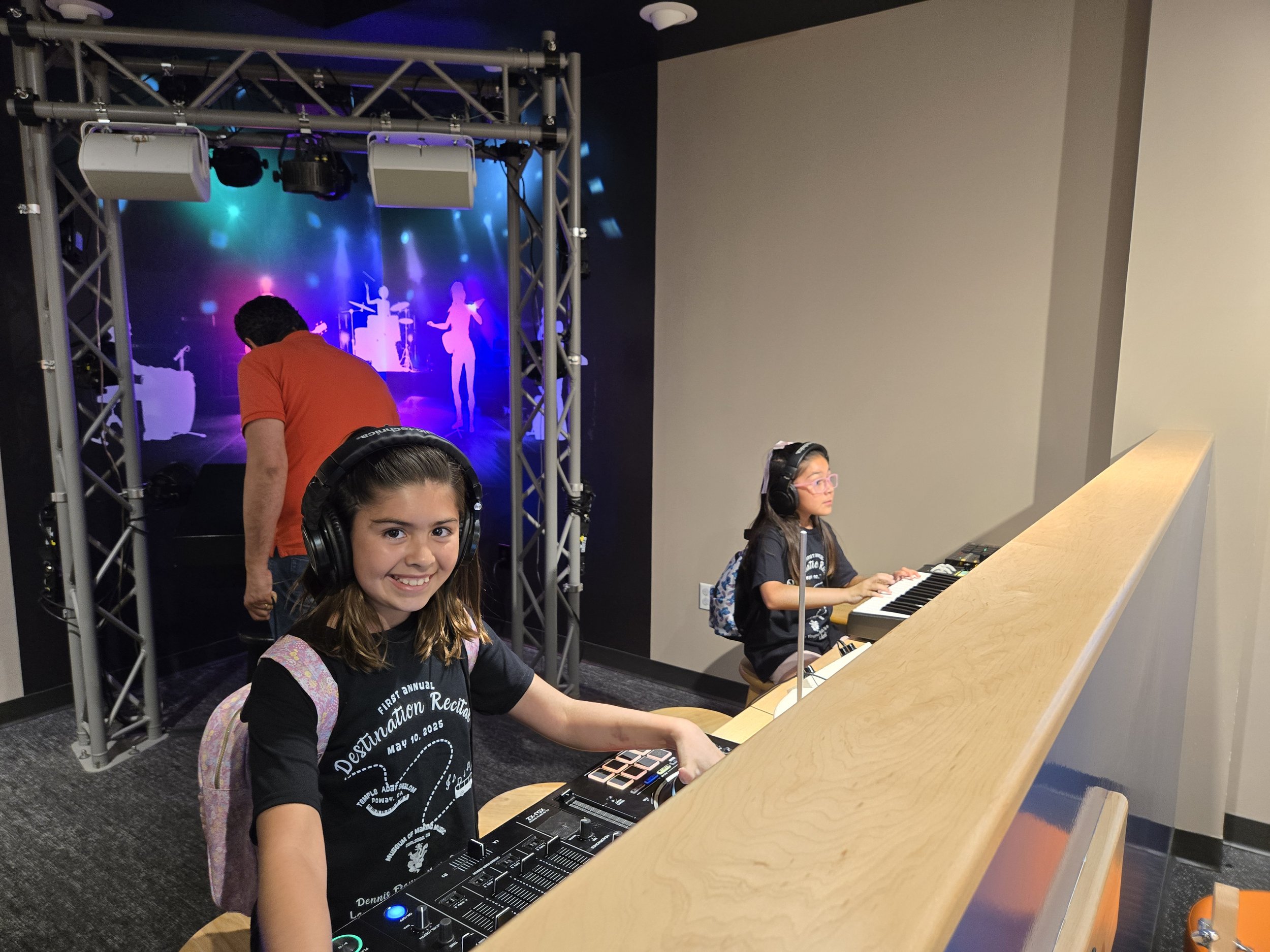
Why Folk Songs?
The Value of Folk Songs for Beginner & Intermediate Music Students
Why Folk Songs?
The Value of Folk Songs for Beginner & Intermediate Music Students
Folk songs have been passed down for generations, sung around campfires, shared in communities, and preserved in classrooms. For beginner and intermediate music students, learning folk songs is not only enjoyable—it’s a powerful educational tool that builds essential musical skills, fosters cultural awareness, and nurtures a deep connection to the roots of music.
One of the most important benefits of folk music is its simplicity and clarity. Many folk melodies are naturally singable and built around stepwise motion or simple rhythmic patterns, making them ideal for teaching the fundamentals of pitch, rhythm, and phrasing. Students who are just beginning to read music or develop their ear can grasp these tunes quickly, building confidence and encouraging participation. For instrumental students, folk song arrangements provide accessible, tuneful repertoire that still teaches important technical skills like articulation, hand position, tone control, and expression. Folk songs also lend themselves beautifully to variation and improvisation, opening the door for creative exploration even at early stages.
Beyond technique, folk songs carry cultural and historical richness that adds depth to music education. These songs often tell stories or reflect values, struggles, or traditions of the communities they come from. When students learn folk songs from different parts of the world—or from their own heritage—they begin to appreciate music as a living, breathing part of human history. This fosters empathy, curiosity, and a broader worldview. It increases music learning’s relevance in their lives. In group settings, singing or playing folk songs together builds community, encouraging listening, teamwork, and shared joy.
Finally, folk songs connect students to the essence of musical communication. Long before formal conservatories or printed music, people made music together through simple songs and rhythms. By learning folk music, students participate in that same human tradition—one that celebrates beauty, storytelling, and togetherness. Whether sung in unison, harmonized, or arranged for instruments, folk songs provide a strong and meaningful foundation on which students can grow their musical lives.

Emphasizing folk songs, children’s songs, patriotic tunes, traditional American and Latin-American music in the Dennis Frayne Music Studios’ piano, guitar, and general music curricula creates a culturally rich, emotionally resonant, and deeply accessible learning experience for students of all ages. These songs are often simple in structure but profound in meaning, making them ideal for building fundamental musical skills while nurturing a strong emotional connection to the music. They are singable, memorable, and filled with history and heart — perfect for young learners, families singing together at home, and community celebrations alike.
By integrating patriotic and folk music, students develop a greater appreciation for the traditions and values embedded in their cultural heritage, fostering a sense of identity and civic pride. The inclusion of Latin-American songs reflects the rich diversity of Southern California’s communities and introduces students to new rhythms, languages, and cultural expressions — promoting inclusivity, curiosity, and global awareness.
For families, this repertoire provides joyful opportunities to engage with their children's music learning outside of lessons. And for the community, it strengthens generational and cultural bonds, encouraging shared experiences that uplift and unite through the universal language of music.
